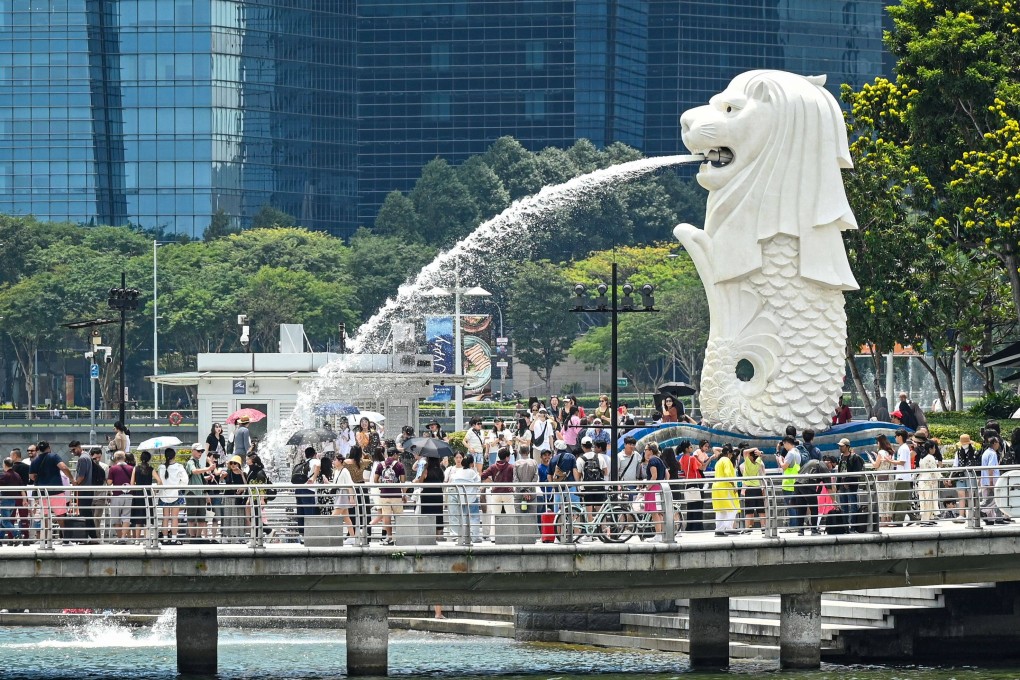Across much of Southeast Asia, political parties rely on charisma or dynastic clout to field candidates. In Singapore, however, it is the resignation of senior civil servants and military brass that often sets the stage for entry into politics – especially amid the beating of electoral drums. The discussion around such high-ranking figures vacating their posts in an election year usually involves when and where they will be fielded by the ruling People’s Action Party (PAP).
With the polls expected this month or the next, several recently resigned public servants have been spotted on the ground dressed in signature PAP white over the past week. They include the ex-army chief and a former second permanent secretary at the trade ministry, who left their posts earlier this year. The long rule of the PAP has socialised many Singaporeans on what makes for desirable candidates, which includes academic credentials, professional qualifications and technocratic ability, according to Eugene Tan, a law professor from the Singapore Management University.

“This is overlaid by the emphasis on meritocracy, denoted by the best and brightest in the politics arena. As such, parties have to show how their candidates match up,” he said. The PAP has governed Singapore since 1959, before the country gained independence in 1965, making it one of the longest undisrupted ruling parties in modern democracies.
It has been a long-standing practice within the PAP to tap into the public service and military for its talent pool, earning its reputation as a party of technocrats. Prime Minister Lawrence Wong left his post as chief executive of the Energy Market Authority before being fielded by the PAP in West Coast in 2011. Wong’s predecessor Lee Hsien Loong, son of founding prime minister Lee Kuan Yew, was a brigadier-general in the armed forces before joining politics in 1984.
.
Politics

Diversity or detachment? Singapore’s civil service a political talent pool

From ex-army chief to clinical psychologist, the public sector has been a reliable hunting ground for new candidates for the PAP, and now the opposition.















